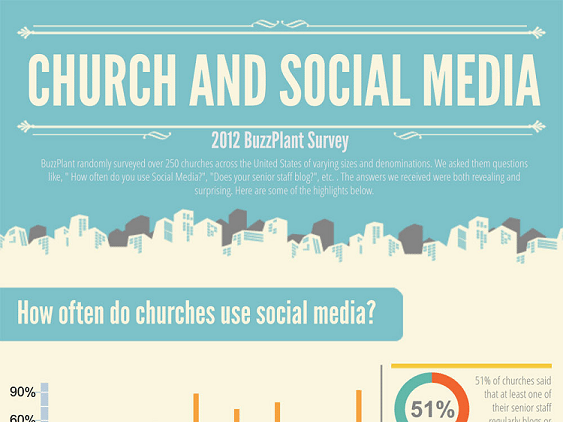As Social Dynamics Change, The Changing Duty Of Churches Emphasizes Their Consistent Effect On Neighborhoods-- Are They Truly Being Redefined?

Post Created By-Troelsen Sonne
You might consider churches as just puts for worship, yet their role has actually evolved significantly over time. They have actually transformed right into community hubs, addressing different social concerns and cultivating links among members. As society changes, churches face special obstacles and should adjust to stay appropriate. What's driving this change, and just how do modern churches impact today's areas? Exploring these questions exposes much regarding their enduring significance.
The Evolution of Churches Through Background
As society has proceeded, the role and structure of churches have changed considerably. You may observe that early churches primarily worked as places of worship and community event, rooted deeply in tradition.
Gradually, these institutions adapted to the changing needs of their parishes, usually mirroring societal shifts. As an example, the Reformation sparked a surge in varied religions, each accepting special ideas and methods.
Today, several churches concentrate not just on spirituality but likewise on social issues, engaging with modern-day challenges like hardship and inequality. This evolution shows just how churches remain to be relevant, dealing with modern concerns while keeping their core goal.
Understanding this journey aids you appreciate the long-term influence of churches in our lives.
The Function of Churches in Area Structure
Churches play an important role in developing solid communities by fostering connections amongst individuals and family members. They give a welcoming room for people to collect, share experiences, and assistance one another.
By hosting events like meals, workshops, and volunteer possibilities, churches motivate participation and partnership among members. You'll find that these celebrations typically result in lasting relationships and networks of assistance.
Moreover, churches usually function as a center for outreach, assisting those in need via food drives, counseling, and numerous community services. They produce a feeling of belonging, advising you that you become part of something bigger.
When you involve with your regional church, you're not just participating in services; you're proactively adding to a vibrant, interconnected area that prospers on mutual assistance and empathy.
Obstacles and Adaptations in Contemporary Culture
While neighborhood building continues to be a foundation of church life, modern culture presents distinct obstacles that require adjustment. You've likely seen declining attendance and moving demographics, making it necessary for churches to rethink their techniques.
Engaging https://blogfreely.net/barbara53tyler/checking-out-church-kinds-an-introductory-guide-for-newcomers via technology and social media sites can help bridge the gap. Think about hosting on-line services or neighborhood events that resonate with diverse rate of interests.
Additionally, resolving social issues like mental wellness and social justice can draw in those seeking support and purpose. https://blogfreely.net/quinn585nigel/digital-worships-result-dogmatic-the-change-of-online-church-providers can produce inclusive environments that welcome everyone, cultivating a sense of belonging.
Conclusion
To conclude, churches have transformed from straightforward places of worship into important community centers that resolve today's social problems. As you reflect on their evolution, it's clear they play a crucial function in cultivating connections and supplying assistance. Regardless of https://nzcatholic.org.nz/2021/06/22/explaining-the-eucharist/ , contemporary churches adapt by embracing technology and inclusivity, ensuring they remain relevant. Their recurring presence not only nurtures a sense of belonging yet additionally forms societal values, making them an essential part of modern life.

